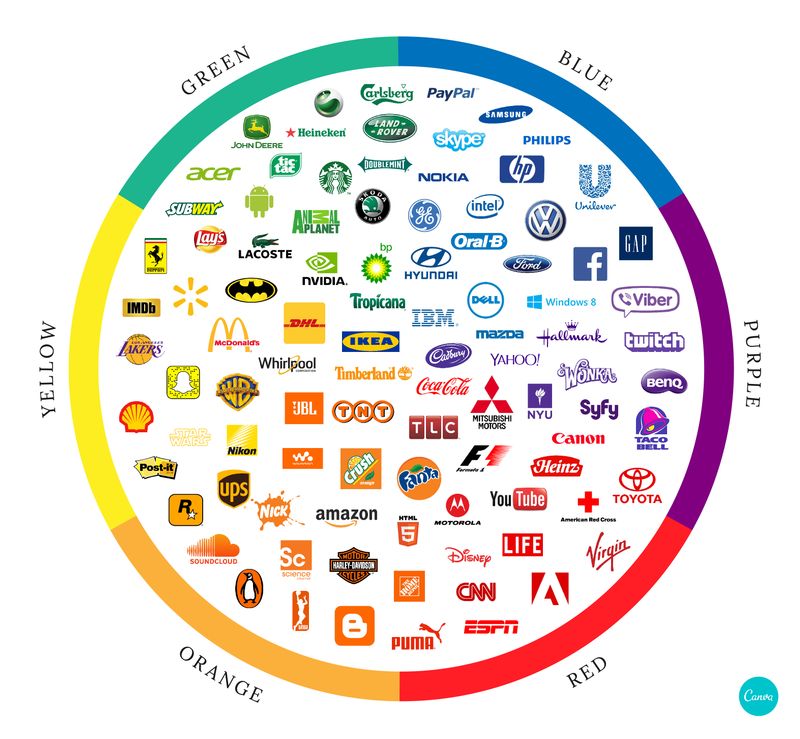5 Reasons Why Your Brand Needs an Online Makeover
March 28, 2019
What should you consider when creating a logo?
March 25, 2019
5 Winning Marketing Strategies for Startups
January 27, 2019
Building a Strong Brand Through Authentic Advocacy
December 14, 2018
Why Tone Of Voice Is Key To The Best Brand Experience
November 22, 2018
How To Protect Your Brand On Social Media
September 20, 2018
Avoid these mistakes when making your next flyer
August 20, 2018








